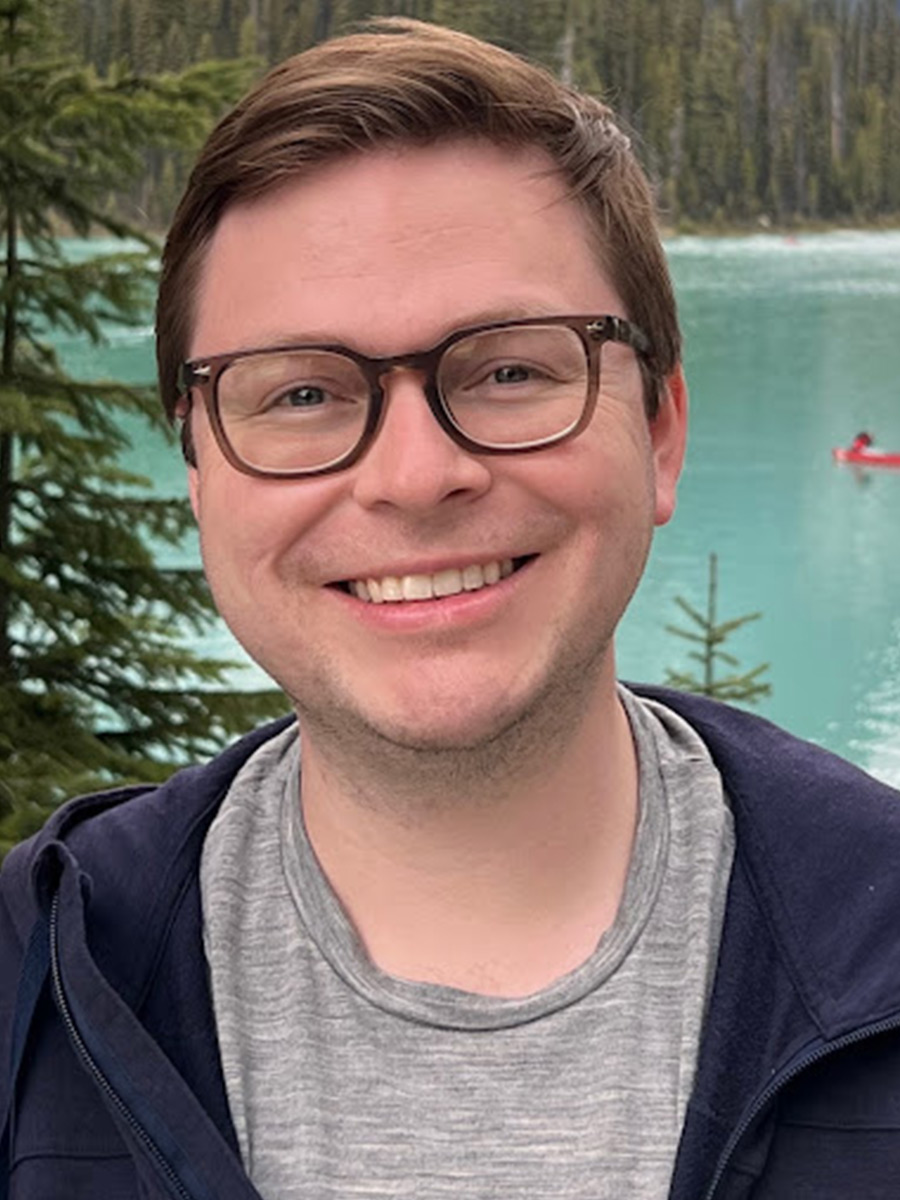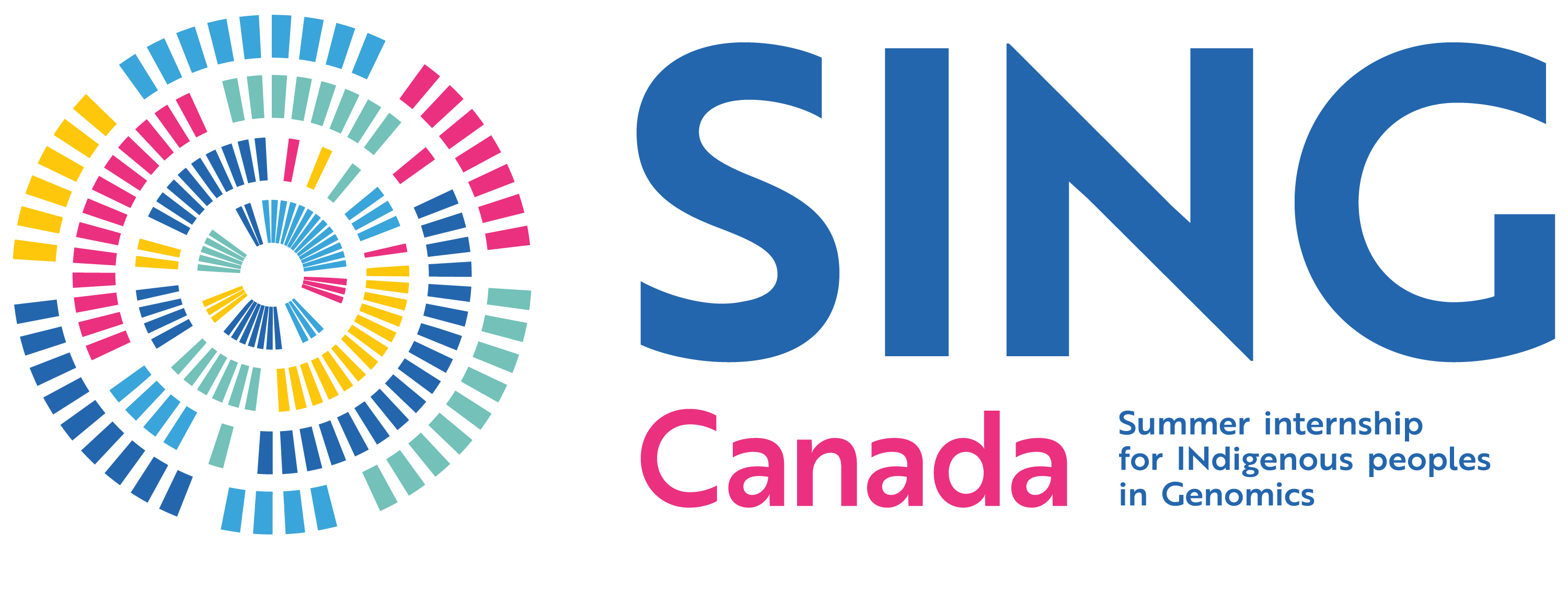Warren Cardinal-McTeague

Warren Cardinal-McTeague is Métis and Cree from the communities of Fort McMurray and Lac La Biche in northeastern Alberta, and is proudly gay, queer, and two-spirit. In July 2022, he started as an Assistant Professor in the Faculty of Forestry at the University of British Columbia, Vancouver. Warren first participated in SING Canada as a postdoctoral fellow in 2019, and joined as a faculty member in 2022.
As a botanist, his research weaves together plant biodiversity with methods in genomics, taxonomy, and leaf spectroscopy. His NSERC funded Ph.D. and postdoctoral work focused on tropical plant systematics and trait evolution in the euphorb and legume families. His current research explores the interactions and influences of leaf microbiomes and functional traits on leaf spectral profiles of Canadian plants. In the future, these interactions will be help estimate ecosystem health and function using hyperspectral remote sensing.
His upcoming research program aims to reorient plant biodiversity research to come from Indigenous perspectives through Indigenous-led and co-produced projects at the nexus of food systems, environmental management, and capacity building/sharing of advanced technologies (like genomics), to further Indigenous self-determination. Warren also examines how to engage Indigenous data sovereignty principles within biological collections, in an act to re-matriate Indigenous data and specimens to communities and protect against exploitation from the hasty move towards open digital data.
Warren is also passionate about art and the idea that it is co-constituted with science. He aims to further integrate art into the process and communication of research and education. Warren is also involved with the Ărramăt project on Indigenous-led conservation and sustainability, co-leading Pathway T5 with Dr. Kim TallBear and Dr. May-Britt Öhman on Decolonial Science and Education. He aims to explore the important differences between Indigenization and decolonization of science and education through the support and material return of Indigenous voice and language in education, exploring the use of virtual technology in teaching, and placing emphasis on place-based and land-based learning and research.

